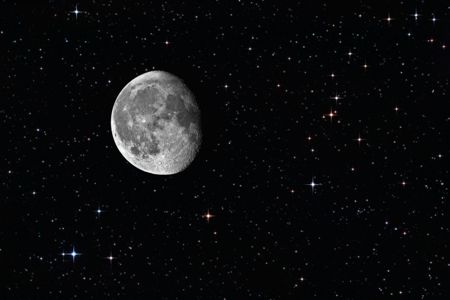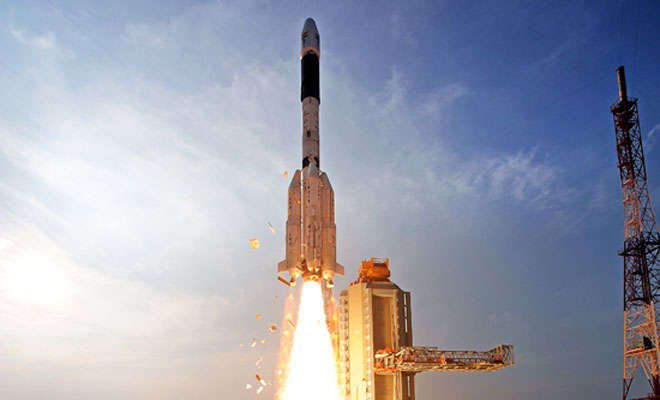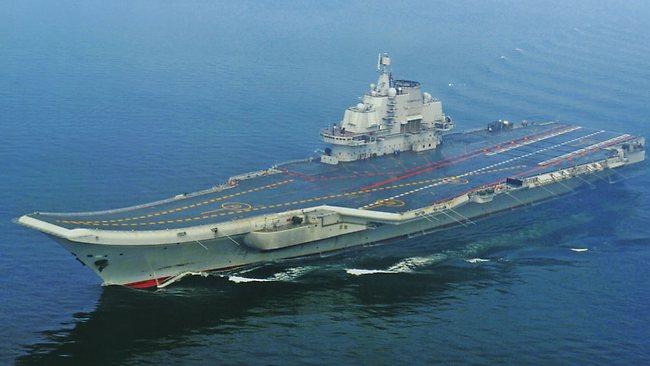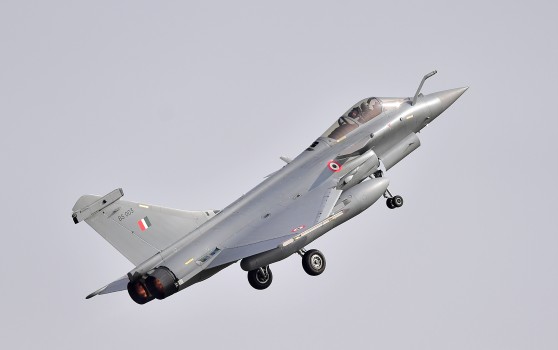
BEIJING (PTI): China on Saturday successfully completed its first return mission to the moon with its unmanned orbiter landing back on Earth, becoming only the third country in the world to do so after the former Soviet Union and the US accomplished the feat about 40 years ago.
In the latest step forward for its ambitious space programme, the test lunar orbiter landed in Siziwang Banner of China's Inner Mongolia Autonomous Region early this morning over a week after it was launched to test its ability to go to the lunar orbit and return to Earth.
Search teams recovered the orbiter at the designated landing area, about 500 kilometres away from Beijing, state- run Xinhua news agency reported.
The last documented mission of this kind was by the Soviet Union in the 1970s.
Launched Friday last week, the orbiter traversed 840,000 kilometres on its eight-day mission and took some incredible pictures of the Earth and moon together, the report said.
The re-entry process began at around 6:13 AM (local time) with the orbiter approaching Earth at a velocity of about 11.2 kilometres per second.
The high speed led to a lot of friction between the orbiter and air and high temperatures on the craft's exterior, generating an ion sheath that cut off contact between ground command and the orbiter.
To help it slow down, the craft is designed to "bounce" off the edge of the atmosphere, before re-entering again.
The process has been compared to a stone skipping across water and can shorten the "braking distance" for the orbiter, said Zhou Jianliang, chief engineer with the Beijing Aerospace Command and Control Centre.
"Really, this is like braking a car. The faster you drive, the longer the distance you need to bring the car to a complete stop," Zhou said.
The "bounce" was one of the biggest challenges of the mission because the craft must enter the atmosphere at a very precise angle.
An error of 0.2 degrees would have rendered the mission a failure, he said.
Wu Yanhua, vice director of China's State Administration of Science, Technology and Industry for National Defence, said the successful test mission has gathered a lot of experimental data and laid a solid foundation for future missions.
The eight-day programme is a test run for the final chapter of China's three-step -- orbiting, landing and finally returning -- lunar programme.
The orbiter obtained data and validating re-entry technology such as the heat shield and trajectory design for a future landing on the moon by Chang'e-5 to be launched around 2017.
The goal is to collect samples from the moon and return to Earth.
China launched a pair of orbiting lunar probes and last year landed a craft on the moon with a rover on board.
Today's success is another step forward for China's ambition that could eventually land a Chinese citizen there, the report said.
China had sent its first astronaut into space in 2003, becoming the third nation after Russia and the US to achieve manned space travel.
In 2008, astronauts aboard the Shenzhou-7 made China's first space walk.
There are plans for a permanent space station, expected to be set up around 2022.
The Chang'e-1 and Chang'e-2 missions in 2007 and 2010 respectively, capped the orbital phase of the three step project.
Chang'e-1 crashed onto the Moon's surface at the end of its mission and Chang'e-2 was sent into deep space to become China's first man-made asteroid.
 Previous Article
Previous Article Next Article
Next Article













The Indian Air Force, in its flight trials evaluation report submitted before the Defence Ministry l..
view articleAn insight into the Medium Multi-Role Combat Aircraft competition...
view articleSky enthusiasts can now spot the International Space Station (ISS) commanded by Indian-American astr..
view article